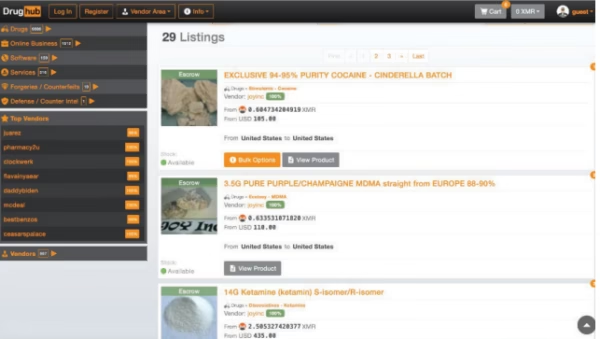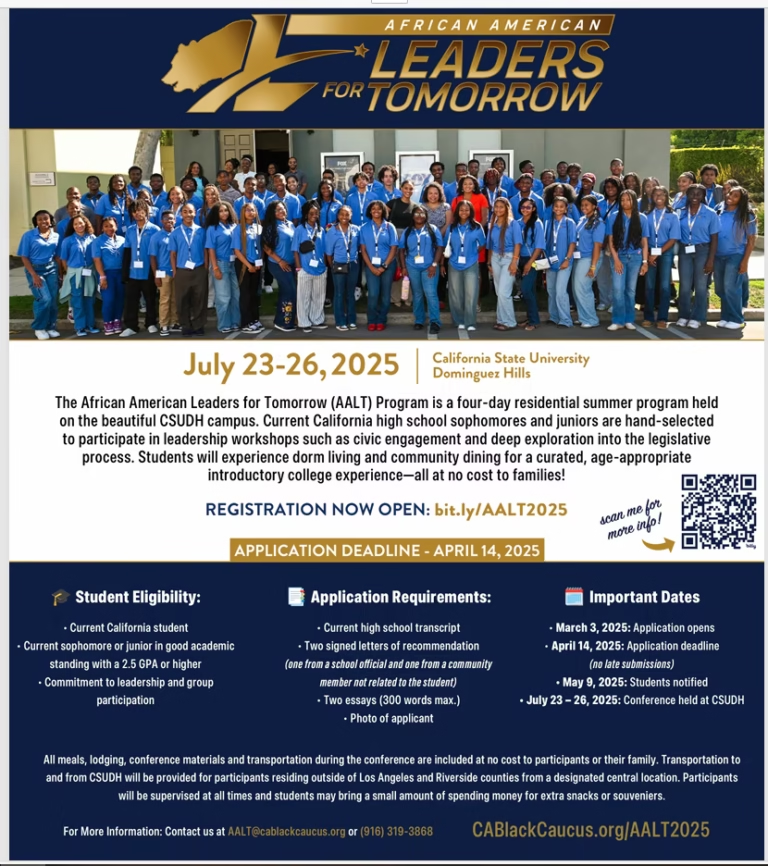Indivisible reports, that on April 8, President Trump signed a new Executive Order in a dangerous attempt to target people based on their race, income, and zip code. Indivisible calls the executive order an attempt to restrict who gets a voice in U.S. Democracy, making it harder for millions to cast a ballot and be heard. Instead of voters choosing their leaders, it paves the way for MAGA extremists to decide who gets to participate in the first place.
This Executive Order is a power grab and a direct escalation of the broader MAGA effort to undermine voting rights. It attempts to force new restrictions on how people can register to vote and who — most notably by requiring proof of citizenship. This would create unnecessary and burdensome barriers to voting — especially for communities that already face barriers to voting.
Naturalized citizens, voters of color, young people, people with disabilities, and older adults are all far more likely to be impacted, especially because they might not have access to documents like passports or birth certificates. Millions of eligible voters could be disenfranchised simply for lacking paperwork that has never been required to exercise their fundamental right to vote.
It would also go after states that count mail-in ballots received after election day, even though several states legally allow that under their election laws. It also threatens to withhold federal funding from states that don’t comply with these new, extreme standards — a move that could create complete chaos and confusion for election administrators.
Much of this is illegal and unnecessary.
Despite the dangerous rhetoric, much of this executive order’s demands are unconstitutional.
It tries to direct the Election Assistance Commission or EAC, an independent agency, to make policy changes — something the president does not have the authority to do.
It contradicts existing court rulings, like Arizona vs. Inter-Tribal Council (2013), which clarified that states can’t unilaterally add proof of citizenship requirements to the federal form. On top of that, it’s already very clear across the country that non-citizens can’t vote in federal elections, and strict safeguards are already in place to prevent it from happening. This order is trying to make it more difficult for citizens to vote in the name of “solving” a problem that doesn’t exist.
It also likely violates federalism principles (rules, legal precedents, and constitutional ideas that protect a balance of power—especially from federal overreach) by coercing states with funding threats, something courts have repeatedly pushed back on.
The ACLU is already suing, and legal experts agree this might not hold up in court. At its core, it’s political theater meant to rally a base obsessed with voter fraud myths — not a serious policy grounded in law. But that doesn’t mean the people should ignore it. If left unchallenged, it could pose serious threats to Democracy by normalizing voter suppression and laying the groundwork for disenfranchising millions.
Here’s what else to watch for, especially April 10: H.R. 22.
An additional, longer-term danger is H.R. 22, what Indivisible is calling the “Silencing Americans Act,” a bill introduced by Trump allies in Congress that would legally mandate documentary proof of citizenship to register to vote in federal elections. It’s likely coming to the floor for a vote this week.
The two work hand-in-hand — the EO sets the stage, and the Silencing Americans Act tries to make it law. If passed, this legislation would be a massive rollback of voting rights under the guise of “election integrity.”
How to stop it.
Indivisible is calling on all who oppose the Silencing Americans Act to vociferously tell their congressional representatives and senators to reject the bill.
Indivisible noted that despite Democrats being in the minority in the House and Senate, the Act can be stopped.
The dynamics here are simple: Republicans are fully united around this bill. Most Dems are staunchly opposed, but some are still reeling from the election and think supporting extreme immigration-adjacent legislation will make them look big and tough. This was seen a few months ago with the passage of the Laken Riley Act. Voters need to put a lot of pressure on these specific Dems to ensure they vote no — especially in the Senate, where Republicans need Democratic votes to overcome the filibuster.
What you can do
Push back on the Silencing Americans Act loudly. Tell your members of Congress and Senators to reject this bill and any efforts to take away or undermine citizens’voting rights.
Senate Strategy
If the people do what is necessary, this bill is going to die in the Senate. 60 votes are required to overcome a filibuster, and Republicans only have 53 seats. That means they need seven Dems to help them get this across the finish line.
Could seven Democrats be willing to vote for this horrible bill? Hopefully not — but only a few months ago, twelve Dems voted for the Laken Riley Act — one of the cruelest anti-immigrant bills in years (and constitutionally dubious).
CALL NOW: Tell Your Senator to Vote NO on Legislation Silencing Americans
Tell your Senator to vote NO on H.R. 22 and S. 128, what indivisible is calling the “Silencing Americans Act,” a dangerous anti-voter bill designed to make it harder for millions of Americans to cast their ballots
https://indivisible.org/resource/call-now-tell-your-senator-vote-no-legislation-silencing-americans
House Strategy
H.R. 22 may get a vote for final passage in the House as early as April 10. And short of a miracle, it’s going to pass. There are many cases where the Republicans’ miniscule majority and internal infighting/chaos mean that there’s a path to killing a Republican bill by peeling off a few Republican votes. But this is a signature MAGA campaign issue, Indivisible expects every Republican to vote for it. Which means even if every Dem votes no, it will advance to the Senate.
And yet, Indivisible is still going to ask you to call your Democratic representatives on this one. And the reason is, as ludicrous as it sounds, when bills pass the House with some Democratic support, wobbly Democratic senators become more likely to support them too. Dems in the House need to vote no to ensure that Democratic senators don’t capitulate.
Tell your representative to vote NO on H.R. 22, the “Silencing Americans Act,” a dangerous anti-voter bill designed to make it harder for millions of Americans to cast their ballots
https://indivisible.org/resource/call-now-tell-your-representative-vote-no-hr-22
Indivisible’s Ask
~ If we’re going to come out of the next four years with our democracy somewhat intact, we’ve got to do everything within our power to ensure fair elections in 2026. Which is why we absolutely, positively must stop H.R. 22 — the voter suppression bill Republicans call the SAVE Act, but we’re referring to by a more accurate title — the “Silencing Americans Act.”
Many, many of you have written us about this bill already. It’s popping up in the news and all over social media because it is, put simply, the biggest threat to voting rights we’ve seen in a generation. So we wanted to reach out to talk about our strategy for blocking this bill — and ask some of you to make a call or send an email to help.
Details: As of April 9, House.gov report: https://www.congress.gov/bill/119th-congress/house-bill/22













